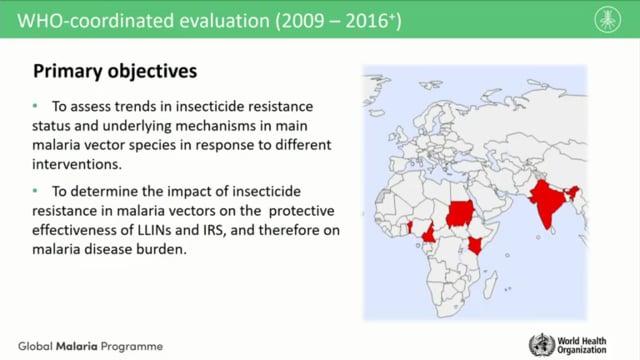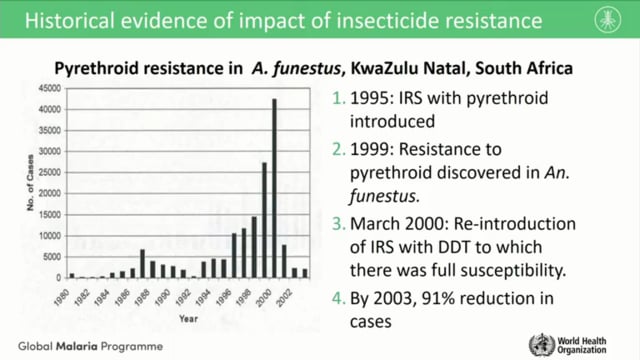Last Updated: 14/05/2024
Insecticide resistance evaluation in Anopheline from high malaria endemic regions from Brazil
Objectives
This project intends to determine the susceptibility profile to new and existing insecticides used in the public health in high malaria-endemic areas in Brazil and to fill knowledge gaps on the genetic mechanisms involved in insecticide resistance (IR).
This project intends to determine the susceptibility profile to new and existing insecticides used in the public health in high malaria-endemic areas in Brazil and to fill knowledge gaps on the genetic mechanisms involved in insecticide resistance (IR). This issue is important because, although chemical control of anopheline via indoor residual spraying (IRS) and pyrethroid-impregnated mosquito nets contributed to the reduction of malaria cases, the selection of resistant mosquito populations is a threat to the malaria elimination plan. Therefore, knowledge of the mechanisms selected in natural populations is essential for decision-makers to better choose which insecticides to use.
Apr 2020


